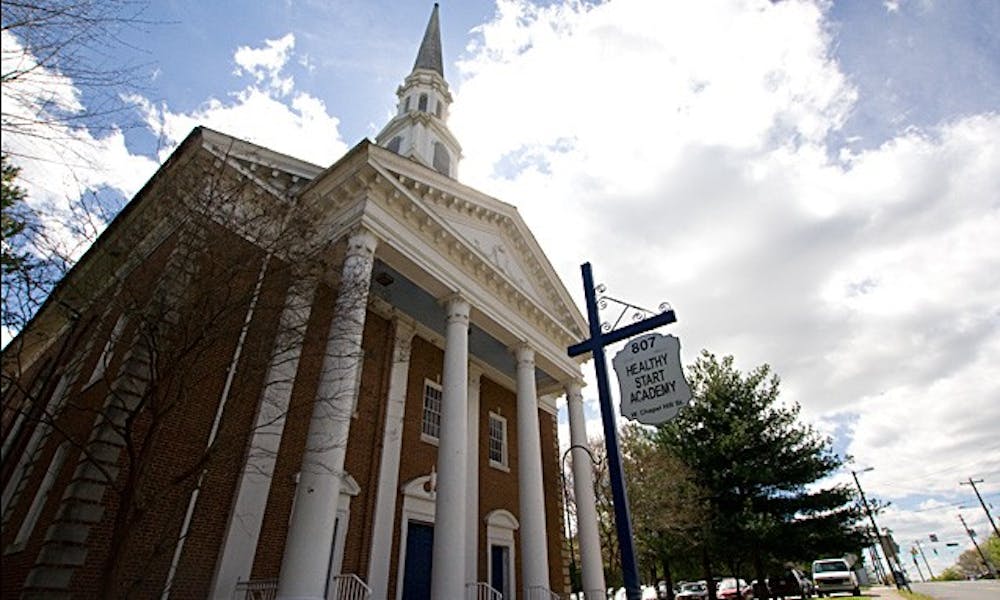The North Carolina General Assembly is debating a bill that could change the face of public education in North Carolina.
Republican legislators are pushing for Senate Bill 8, a measure that would allow the opening of 50 new charter schools each year and lift the limit of 100 such schools in the state. The latest version of the bill passed in the Senate and is expected to be discussed by the House Finance Committee today.
Charter schools receive more independence than traditional public schools, including the ability to enroll students who are not exclusively from one school district. The schools are expected to reach certain educational benchmarks as outlined in their charters, and because they are funded by federal and local governments, they cannot charge tuition.
Republicans tout charter schools’ capacity for greater independence and educational innovation, though Democrats and many public school administrators fear that an increase in the number of the schools would siphon money away from other important areas of public education, including traditional public schools. If passed into law, the bill would also create an independent board to oversee the schools.
In an interview with The Chronicle, State Senator Richard Stevens—R-Wake and the primary sponsor of the bill—said he believes an increase in the schools will ultimately benefit public education in Durham and in the state in general.
“Charter schools [provide] some flexibility so that they can improve down the road,” he said. “Some people [oppose them because they] think they aren’t public schools, but... they’re just a different type of public school.”
Stevens said that Republicans are trying to ensure the finished bill is a bipartisan effort. House members of both parties are currently meeting with Democratic Gov. Bev Perdue, and Democratic lawmakers are playing a substantial role in finalizing the bill, he noted.
“The biggest advocate for charter schools in the country is actually President [Barack] Obama,” Stevens said. “This isn’t a partisan issue, but people have different views about them.”
Some Durham Public School Board members have voiced opposition to the present version of the bill. They say it would be financially unfeasible for the number of charter schools to increase without a corresponding hike in funding.
“As it’s written now, it would be devastating,” school board member Natalie Beyer said, according to The Herald Sun. “It would be devastating on top of two years of budget cuts that we’ve already endured. We’re still not far enough into this budget cycle to know the impact on the classroom for the Fall, for 2011, but this bill would be devastating.”
Brian Ammons, assistant professor of the practice of education, wrote in an email that although charter schools can sometimes provide a superior education to students, they often widen socioeconomic and racial divides.
“I have no opposition to charter schools per se. What I find problematic is the idea that they are a panacea for the challenges of educating a democratic society,” he said. “I have real concerns about the race and class re-segregation that seems to be going on in charter schools.”
Get The Chronicle straight to your inbox
Signup for our weekly newsletter. Cancel at any time.

